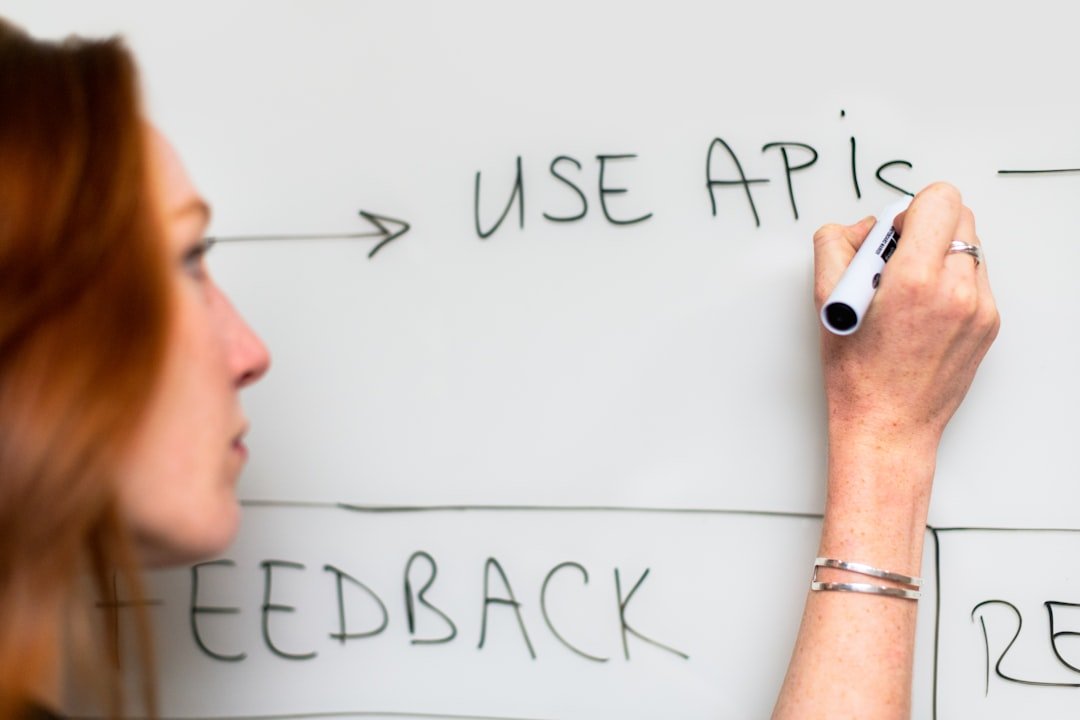We all want to improve, to grow, to build a better life, but how often do we truly pause to consider how we give and receive feedback? It’s a skill we use every single day, often without even realizing it.

If you’ve ever felt misunderstood, or like your words didn’t land right, or even worse, if you’ve shut down when someone offered you advice, you’re not alone. I’ve been there. In my journey to overcome old habits like gaming addiction and binge eating, and even losing over 110 pounds, I learned that honest feedback – both from myself and from others – was absolutely crucial. It wasn't always easy to hear, but it was essential for making real change. Learning to give and receive feedback well is a superpower. It helps us connect better, solve problems faster, and grow personally and professionally. Let's explore 12 ways we can all get better at this vital skill.
1. Listen Actively, Really Listen
When someone speaks, it’s easy to get caught up in planning our response. Instead, make a conscious effort to just listen. Give them your full attention. Put away distractions. Hear their words. Understand their perspective before you form your own thoughts. This alone changes everything.
2. Ask Clarifying Questions
Don't assume you understand. If something isn't clear, ask. Use questions like "Can you give me an example?" or "What exactly do you mean by that?" This shows you're engaged. It also ensures you both are on the same page. This prevents misunderstandings later on.
3. Focus on Behavior, Not Character
When giving feedback, talk about specific actions. Avoid labeling someone or making assumptions about their personality. Instead of saying "You're always late," try "I noticed you arrived late to our last three meetings." This keeps the feedback actionable and less personal.
4. Be Timely
Give feedback as close to the event as possible. This makes it more relevant and impactful. If you wait too long, details get fuzzy, and the opportunity for immediate learning passes. When I was trying to break my old habits, I learned to give myself immediate feedback. If I slipped up, I didn't wait until the end of the week. I acknowledged it right away.
5. Be Specific
Vague feedback helps no one. Instead of "You need to communicate better," try "When you send emails, could you include a clear subject line and bullet points for key actions?" Specific examples help the person understand exactly what they need to change.
6. Use "I" Statements
Frame your feedback from your perspective. This makes it less accusatory. Instead of "You always interrupt me," say "I feel unheard when I'm speaking and you start talking before I finish." This shares your experience without placing blame.
7. Offer Solutions or Suggestions (When Appropriate)
Feedback is most helpful when it points a way forward. After describing the issue, consider offering a suggestion or asking "How do you think we could solve this?" This turns a critique into a collaborative problem-solving session.
8. Be Open to Receiving Feedback
This is a big one. It's a two-way street. When others offer you feedback, embrace it. See it as a gift, an opportunity to learn about yourself. I had to learn this the hard way during my weight loss journey. My body, my routine, and even some close friends gave me honest feedback. Sometimes it felt uncomfortable. But taking it in, processing it, and making adjustments was the only way I moved forward and eventually lost over 110 pounds.
9. Separate Feedback from Emotions
Try to deliver feedback calmly and objectively. If you're feeling angry or frustrated, take a moment to cool down first. Emotional feedback often triggers defensiveness. A clear, calm delivery helps the message get through.
10. Practice Empathy
Before giving feedback, try to put yourself in the other person's shoes. Consider their challenges, their workload, or their perspective. This helps you tailor your message to be more understanding and constructive. It builds trust, not walls.
11. Follow Up
After giving feedback, especially if it's about a significant issue, check in later. Ask how things are going. See if they’ve had a chance to apply the advice. This shows you care and reinforces the importance of the feedback. It also creates a cycle of continuous improvement.
12. Start with the Positive
Begin by acknowledging something positive or a strength. This creates a receptive environment. For example, "I really appreciate your dedication to the team. I also noticed that in our last meeting…" This approach makes people more open to hearing constructive comments. It shows you see their value first.
Improving your feedback skills takes practice, patience, and a willingness to be vulnerable. It's not about being perfect from day one. It's about taking small, consistent steps. Just like building a productive routine with short bursts of deep work and celebrating small wins, improving your feedback skills is a journey. Every conversation, every interaction is a chance to try one of these tips.
What’s one small step you can take today to give or receive feedback more effectively?